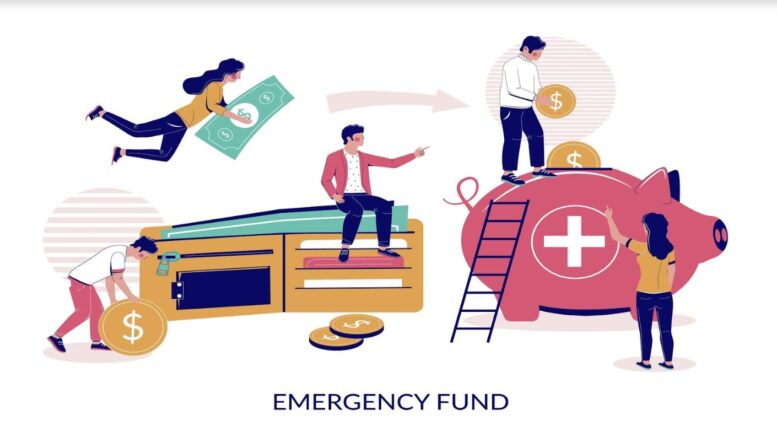It’s impossible to predict when a medical emergency could happen. Even if it seems surprising, accidents at home are estimated to cost the NHS a staggering £45 billion every year on average, highlighting the fact that accidents can happen when – and where – you’d least expect them to.
Most treatments are covered by the NHS in England, but something like a complex dental procedure might have to be paid for out of your own pocket. In the following guide, we’ll outline a few top tips to help you get through the process as smoothly as possible.
Know when to ask for help
Going through an unexpected ordeal might leave you unable to lead your day-to-day life as you usually would. If you’re feeling vulnerable, afraid or even embarrassed, it’s important to know when to reach out to friends and family for help.
Without extra support, you could risk pushing yourself past your limits and putting yourself and your family in a potentially dangerous situation. Short-term financial solutions like payday loan alternatives could be an option if you’re not ready to, or can’t, ask for help from people you know.
Prepare financially
If you’re self-employed or expected to be on long-term leave, make sure you look into different types of financial help or statutory sick pay that you’ll already be entitled to.
Create healthy habits
You can reduce the risk of medical emergencies by creating and maintaining a healthy lifestyle that works for you. Living well involves so much more than just following a diet or starting a new workout routine, so try not to get hung up on the details.
To improve your lifestyle, you need to make a consistent effort across every part of your routine. There are four stages involved in changing a health behaviour:
- Contemplation: Thinking about making a change
- Preparation: Working out the steps you’re ready to take
- Action: Incorporating new changes in practice
- Maintenance: Keeping up your new habits
Sticking to it can be the hardest part, but your efforts will almost always pay off.
Try to stay organised
While we’ll never be able to predict when emergencies happen, creating a plan of action for when one does occur can help you feel safe and secure. Something as simple as buying a wearable medical ID could lead to more efficient treatment if you ever need to be rushed into A&E.
Whether that involves informing your loved ones of what they should do while you’re undergoing treatment or keeping a supply of medication in a safe place at home, taking precautionary measures might be helpful in the worst-case scenario.
Article edited and fact checked by our editorial team.
